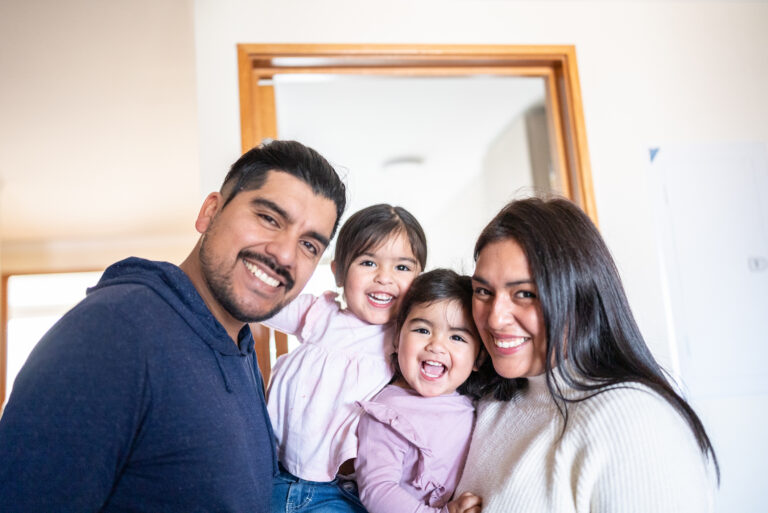International Projects Assistance Services (IPAS) is dedicated to introducing abortion services throughout the world. In that interest, IPAS collaborates with international agencies and health ministries such as the World Health Organization, the International Federation of Gynecology and Obstetrics, the Population Council and Ministries of Health in eight countries. In addition, IPAS designs, manufactures and distributes manual vacuum aspirators.1
IPAS employs strategies to forge a link between abortion surgeries and birth regulation services in Ecuador, Mexico, Nicaragua, Kenya, Nigeria, Zambia, Zaire and Turkey: 2
• Ecuador: Manual aspiration abortions have been incorporated with birth regulation services at three sites in Quito; Hospital Maternidad Isidro Ayora, Hospital Enrique Garces and Hospital Patronato San Jose. Plans were made to extend abortion practices to hospitals in Guayaquil, Esmeraldas and Cuenca in 1990 (p. 179).
• Mexico: IPAS abortion projects are located at hospitals in Michoacan, Zacatecas, Sonora and Sinoloa. Plans for 1990 included expansion of the abortion services to nine additional sites. In the following year, several hospitals governed by the Mexican Social Security Institute will be included in the project (p. 375).
• Nicaragua: IPAS is collaborating with the Ministry of Health to link abortion by manual abortion aspiration techniques to birth regulation in three different regions. Bertha Calderone Hospital is a central training site for abortion techniques. The project was to be expanded to three additional sites and a second regional training center was to be established in 1990 (pp. 417–8).
• Nigeria: The IPAS goal is the adoption of the manual vacuum aspirator abortion (MVA) technique by all public and private providers of maternal health care in four states and eventually on a nationwide basis. Hospital training in MVA abortion techniques is presently occurring in university teaching hospitals in Enugu, Zaria, Port Harcourt and Lagos, with satellite hospital training in Lagos and Zaria. Project personnel plan to develop a curriculum for teaching midwives to use MVA abortion techniques (p. 433).
• Turkey: IPAS, in cooperation with the Ministry of Health, planned for the implementation of a nation-wide training and abortion service delivery strategy. Nurses, midwives, obstetricians/gynecologists mid general practitioners will be trained in teaching hospitals, regional hospitals, health colleges and family limitation centers (p. 599).
• Zaire: The Population Council and IPAS work on a joint plan to train hospital personnel in MVA techniques and integrate abortion services with obstetrical/gynecological services at six hospitals in Kinshasa. Plans include collaboration with the Maternal Risk Pregnancy Group for project implementation and special training sessions (p. 646).
• Zambia: A hospital-based training center in MVA abortion techniques was initiated at the University Teaching Hospital in Lusaka. Activities included the integration of abortion services into health services. Plans have been made for the training of physicians and nurses in MVA abortion techniques in three provincial and nine district hospitals (p. 653).
Of the countries in which IPAS distributes manual vacuum aspirators, abortion is illegal in Zaire; restricted to the life of the mother in Nicaragua and Nigeria; limited for the life of the mother and rape/incest in Ecuador and Mexico; permitted for the health of the mother in Kenya; permitted for the health of the mother, fetal deformity and social/socio-medical purposes in Zambia.3
In the past, Frances Kissling of Catholics for a Free Choice has been associated with IPAS as a consultant. During her association, Ms. Kissling assisted IPAS in setting up abortion clinics and training abortionists in countries where abortion was illegal. In that regard, she worked with local groups in Italy, Mexico and Austria who sought financial aid and technical assistance from IPAS.4
Although Ms. Kissling no longer refers to an official association with IPAS, she is listed as a member of the Board of Directors of the International Women’s Health Coalition which also distributes manual vacuum aspirators.5
Major foundations which fund IPAS are Family Planning International Assistance (the international division of Planned Parenthood Federation of America), the General Service Foundation, William and Flora Hewlett Foundation, Jessie Smith Noyes Foundation, David and Lucille Packard Foundation and the Population Crisis Committee.6 Interestingly, both the General Service Foundation and the Jessie Smith Noyes Foundation also fund Catholics for a Free Choice and the International Women’s Health Coalition in Latin America.
Endnotes
1 Inventory of Population Projects in Developing Countries Around the World 1988–89 (New York: United Nations Population Fund, UNFPA), p. 839.
2 Inventories, UNFPA. All information in this section originates in this source, unless otherwise noted. Page numbers are listed at the end of each paragraph.
3 National Catholic Register, Sept. 7, 1986.
4 Women&rsqo;s international Health Coalition (New York: International Women’s Health Coalition, 1988), pp. 2, 3.
5 J. M. Paxman and R. J. Zuckerman, Laws and Policies Affecting Adolescent Health (Geneva: World Health Organization 1987), 74–6.
6 Annual Report 1989 (North Carolina: International Projects Assistance Services), p. 25.










